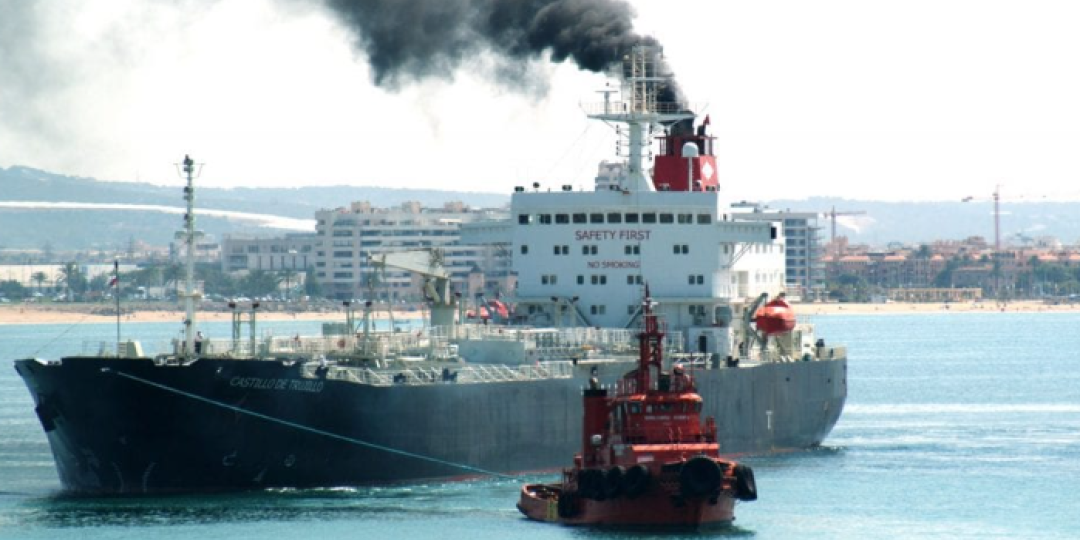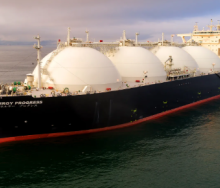Regulations forcing the shipping industry to reduce fuel sulphur content have probably contributed to last year’s record heatwaves in the Northern Hemisphere.
“Shipping emissions changes could be accelerating global warming,” a group of scientists from the US Department of Energy's Pacific Northwest National Laboratory say in a study published this week.
The researchers investigated the consequences of new regulations introduced by the International Maritime Organisation in 2020, which mandated a reduction of about 80% in the allowed sulphur content of shipping fuel.
The change was made in order to reduce acid rain, which forms when sulphur dioxide resulting from ship fuel combustion reacts with oxygen in the atmosphere.
However, because sulphur also contributes to cloud cover, sulphur emissions have a cooling effect on the atmosphere and can mask some warming of the atmosphere. Last year was the hottest on record, with temperatures 1.18°C above the 20th century average.
In the wake of record temperatures racked up in 2022 and 2023, the scientists investigated the visible ‘ship tracks’ in the atmosphere caused by individual ships’ sulphur and aerosol emissions, and found that these had reduced by between 25% and 50% since the change in the regulations.
“Modelling and observations indicate that the reduction in ship sulphur emissions could have slightly warmed the planet starting in 2020,” they write. “These changes are remarkably co-incident with observed patterns of cloud changes and may have accelerated global warming.”
They estimate that the changes in shipping emissions may have contributed around 20% to the warming experienced over the two years.
The consequences of the altered emissions were “heavily concentrated over the Northern hemisphere mid-latitude oceans which are a small fraction of the planet”. They also expect “a potentially substantial role for shipping emissions changes in regional temperature change, and continued increased trends through about 2030”.
The researchers say the 2020 regulations are “a critical ‘natural laboratory’ to determine whether continued declines in general air pollution due to regulations around the world will continue to increase and possibly accelerate global warming over the next decades”.
These regulations will also reduce considerable uncertainty about the role aerosols play in climate imbalances, as well as “for evaluating the potential of intentional modification of marine clouds to offset global warming”.













